Chinese President Xi Jinping received Australian Prime Minister Anthony Albanese in Beijing on November 6, showing a thaw in relations between the two countries.
Beijing and Canberra should be “mutually trustworthy and responsive partners”, Mr Xi told Mr Albanese – the first Australian leader to visit China since 2016.
Mr Albanese is also the first leader of the AUKUS group to visit Beijing since the trilateral security alliance was formed with the UK and the US in 2021.
Relationship based on interests
At a meeting with Australian Prime Minister Xi Jinping, he said bilateral relations were now “on the path of improvement and development”, adding that exchanges had resumed and some issues had been resolved, according to state broadcaster CCTV.
“The two countries have no historical grudges or fundamental conflicts of interest,” Xi said. “China and Australia should follow the trend of the times and build a China-Australia relationship based on the common interests of the two countries, in which we treat each other as equals, seek common ground while maintaining a firm grip on differences, and work together for mutual benefit and win-win cooperation.”
Mr Xi criticised what he saw as moves to form “factions, clique politics and bloc rivalries” in the Asia- Pacific region, saying such small groups could neither address the major challenges facing the globe nor adapt to major changes taking place in the world.
“Regarding attempts to destabilize the Asia- Pacific region, we must both guard against and oppose them,” Mr. Xi said, without mentioning the AUKUS alliance or the “Quad” grouping – another geopolitical security grouping that includes Australia, the United States, Japan and India.
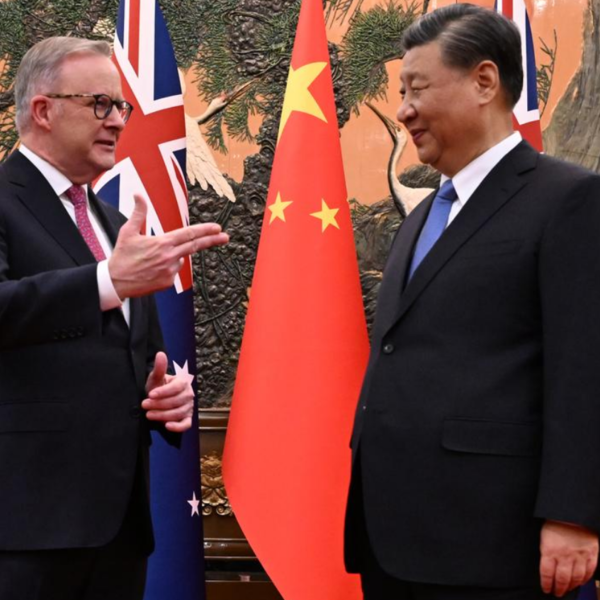
Prime Minister Anthony Albanese visits the Temple of Heaven in Beijing, as part of an official visit to China, November 4-7, 2023. Photo: AP/9News
Mr Xi also suggested to Mr Albanese that the two countries should make full use of the potential of the China-Australia Free Trade Agreement (ChAFTA) and expand cooperation in emerging areas such as climate change and the green economy, as well as work with third parties to help South Pacific island nations.
The Chinese leader told the Australian Prime Minister that moves to “decoup, restructure supply chains or reduce risks” were essentially protectionism that went against the rules of the free market.
China pursues a win-win strategy of opening up and comprehensively promotes the building of a strong country and national rejuvenation through Chinese-style modernization. This will bring unprecedented opportunities to Australia and other countries around the world, Mr. Xi said.
Two separate issues
For his part, Mr. Albanese said Australia was concerned about the continued steady growth of China's economy and its continued engagement with the world, according to a statement from the Australian Prime Minister's Office.
“And I believe we can all benefit from the greater understanding that comes from high-level dialogue and people-to-people contact,” the Australian leader said. “Where there are differences, it is important that we communicate. From communication comes understanding.”
Ahead of his meeting with the Chinese leader, Mr Albanese hinted that Mr Xi was a man of his word. “He has never said anything to me that he has not done,” Mr Albanese said.
Sino-Australian relations have been strained by a range of issues, including a dispute over Chinese telecoms firm Huawei, espionage allegations and the origins of the Covid-19 pandemic.
After a year and a half of trying to rebuild relations between the two countries, Mr Albanese said he had sought to promote what he described as a “healthy and stable” China-Australia relationship.
Prime Minister Albanese has been successful in easing economic tensions between China and Australia. Most of the trade barriers imposed as a result of the diplomatic dispute in 2020, which cost Australian exporters A$20 billion ($13 billion), have since been removed.
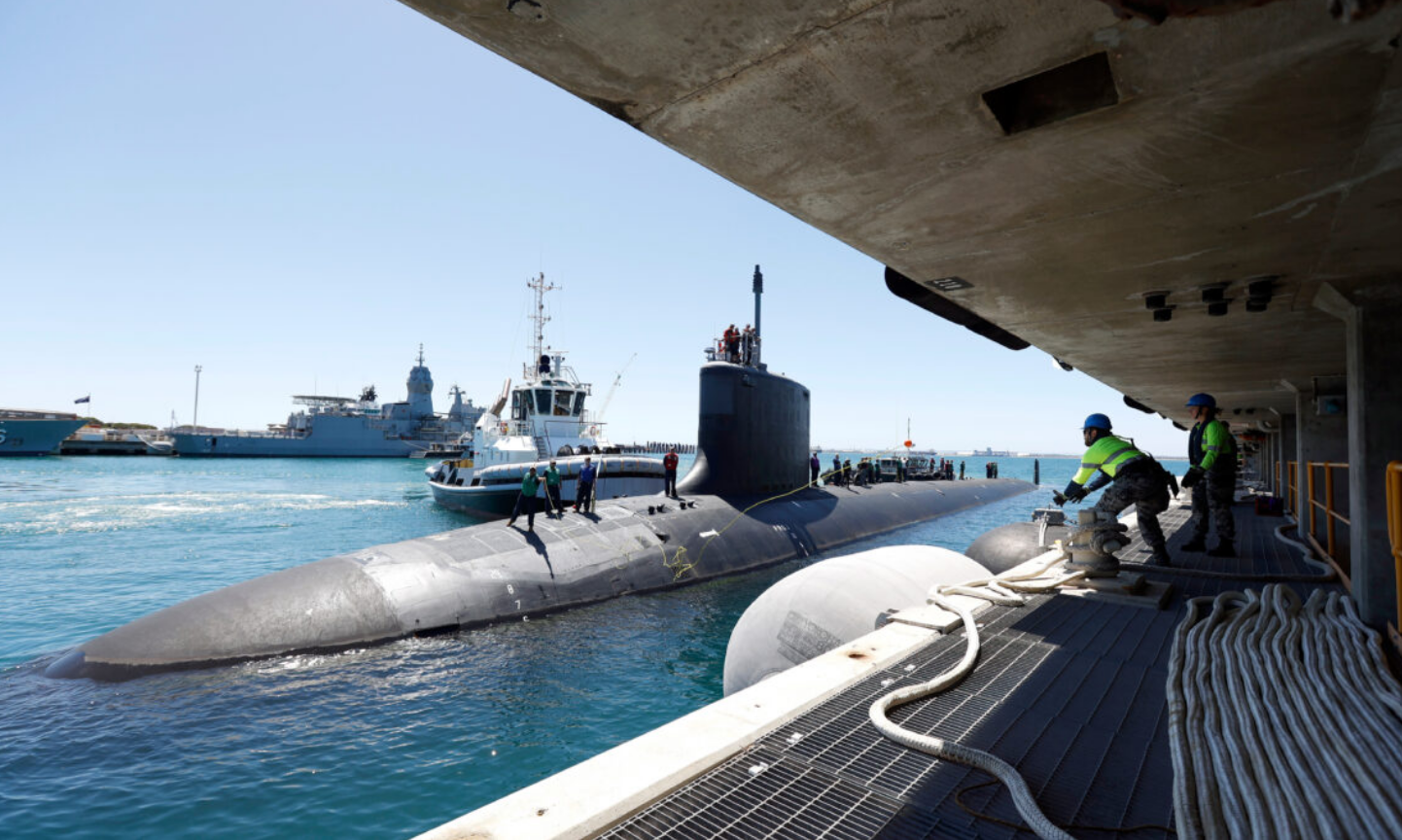
The US Navy's Virginia-class submarine USS Mississippi at Fleet Base Western, Rockingham, Western Australia, November 2022. Photo: US Embassy Canberra
According to Mr. Koh King Kee, head of the international relations consultancy Center for New Inclusive Asia (Malaysia), Mr. Albanese is a “very pragmatic politician” who prioritizes economic considerations over military issues in the latest round of negotiations with Beijing.
“There is no substitute for China’s huge consumer market, and with a growing middle class, demand for imported goods will only increase,” Mr Koh said, adding that many Australian goods, including wine, red meat and seafood, were reliant on sales in China.
However, the expert added that Sino-Australian trade and Australia's military alliances, such as AUKUS, were two separate issues and there would be little change regarding the latter.
Australian Prime Minister Albanese and his delegation concluded their visit to China on November 7 .
Minh Duc (According to SCMP, UPI, People's Daily Online)
Source



![[Photo] President Luong Cuong receives US Secretary of War Pete Hegseth](https://vphoto.vietnam.vn/thumb/1200x675/vietnam/resource/IMAGE/2025/11/02/1762089839868_ndo_br_1-jpg.webp)


![[Photo] Lam Dong: Images of damage after a suspected lake burst in Tuy Phong](https://vphoto.vietnam.vn/thumb/1200x675/vietnam/resource/IMAGE/2025/11/02/1762078736805_8e7f5424f473782d2162-5118-jpg.webp)



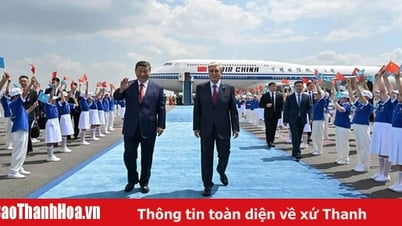

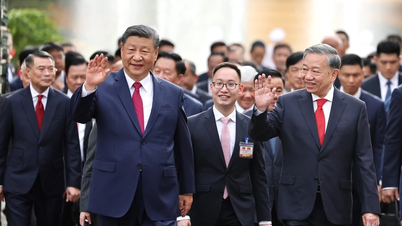
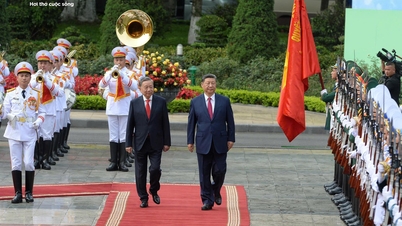

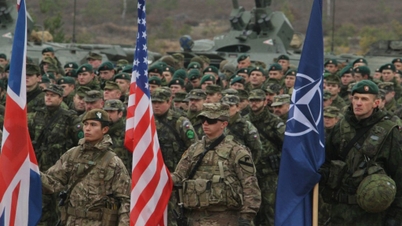




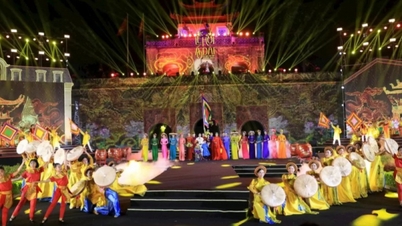
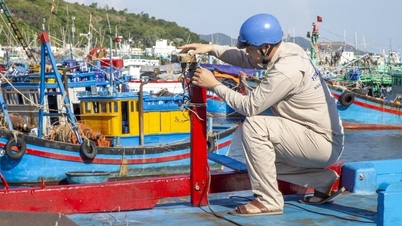
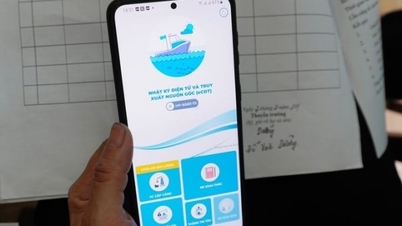
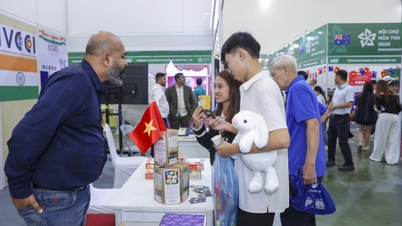
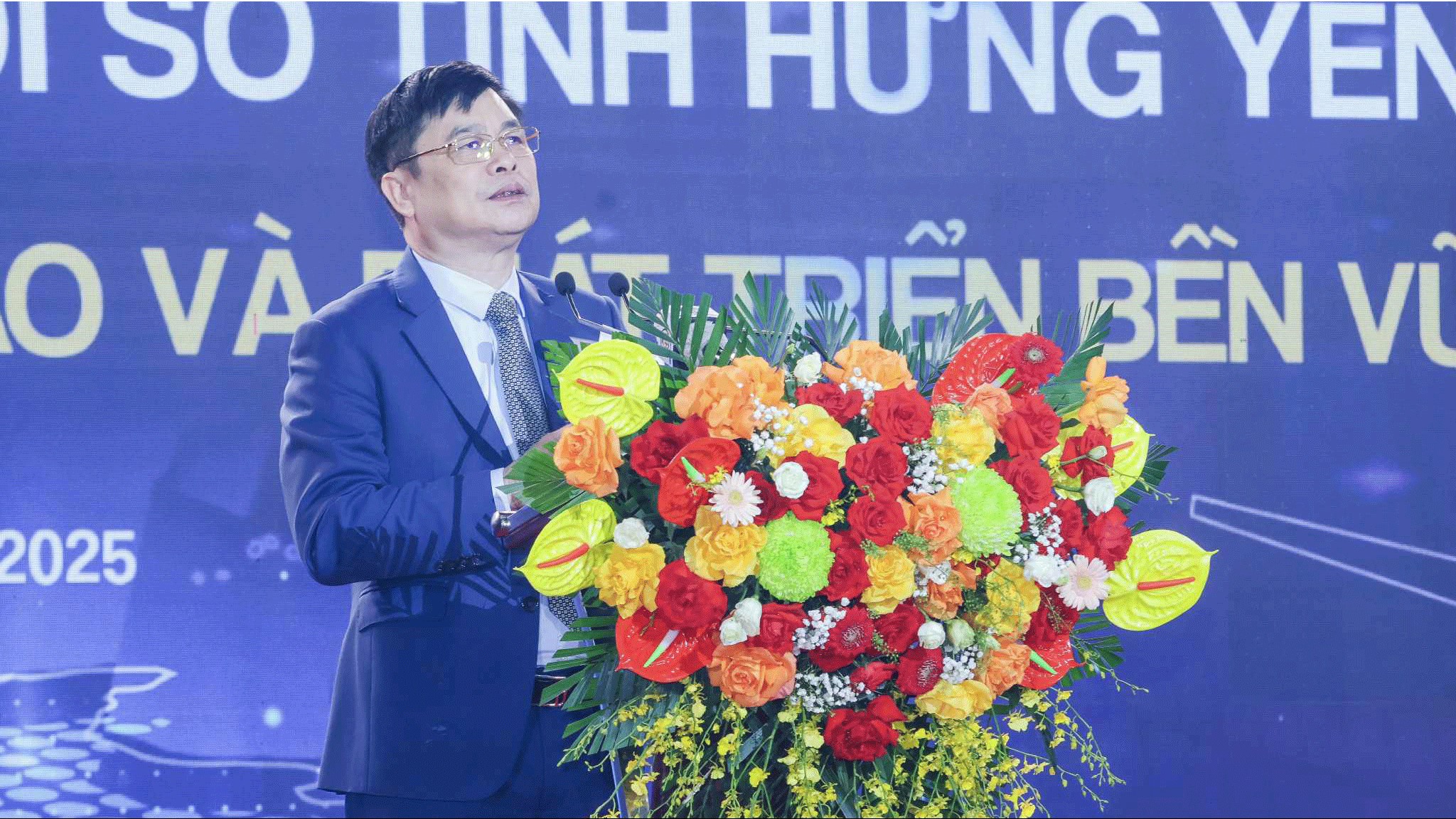













































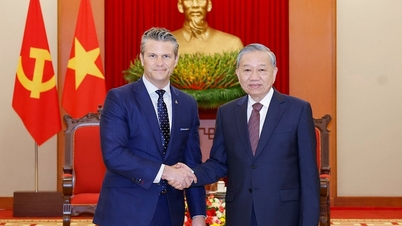

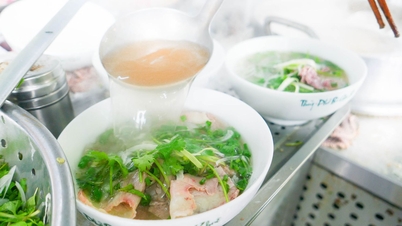

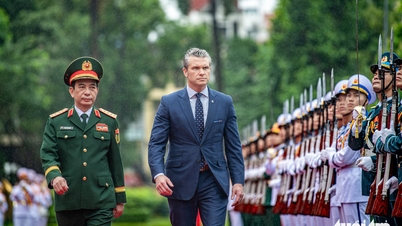





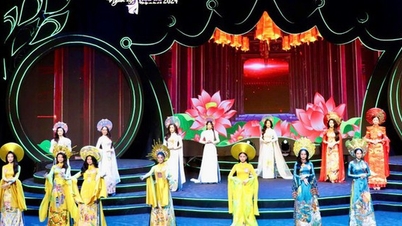

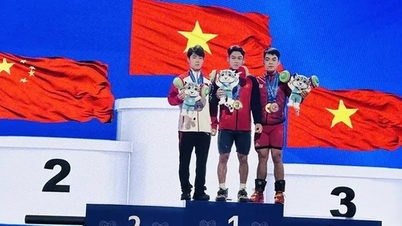
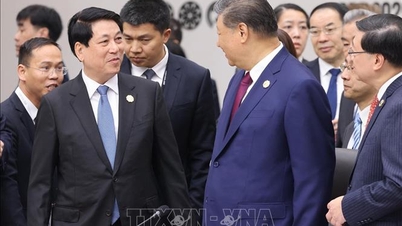

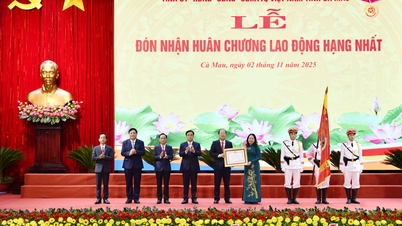








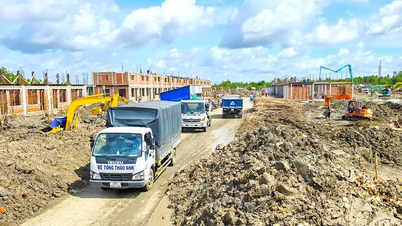
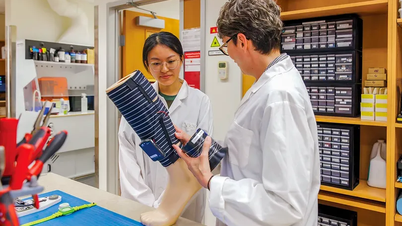













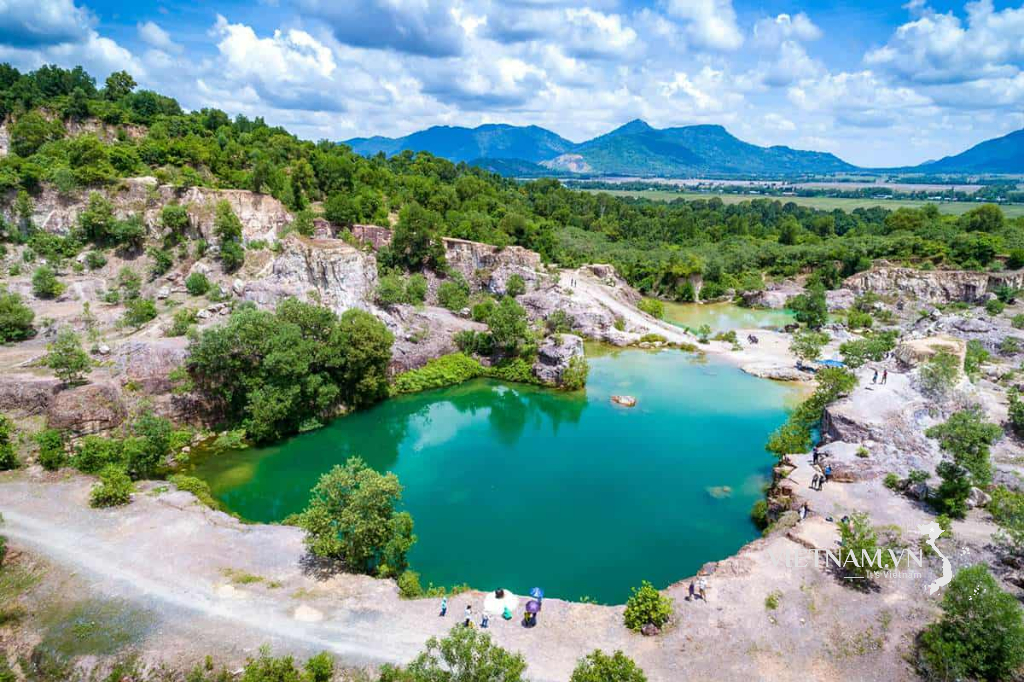


Comment (0)